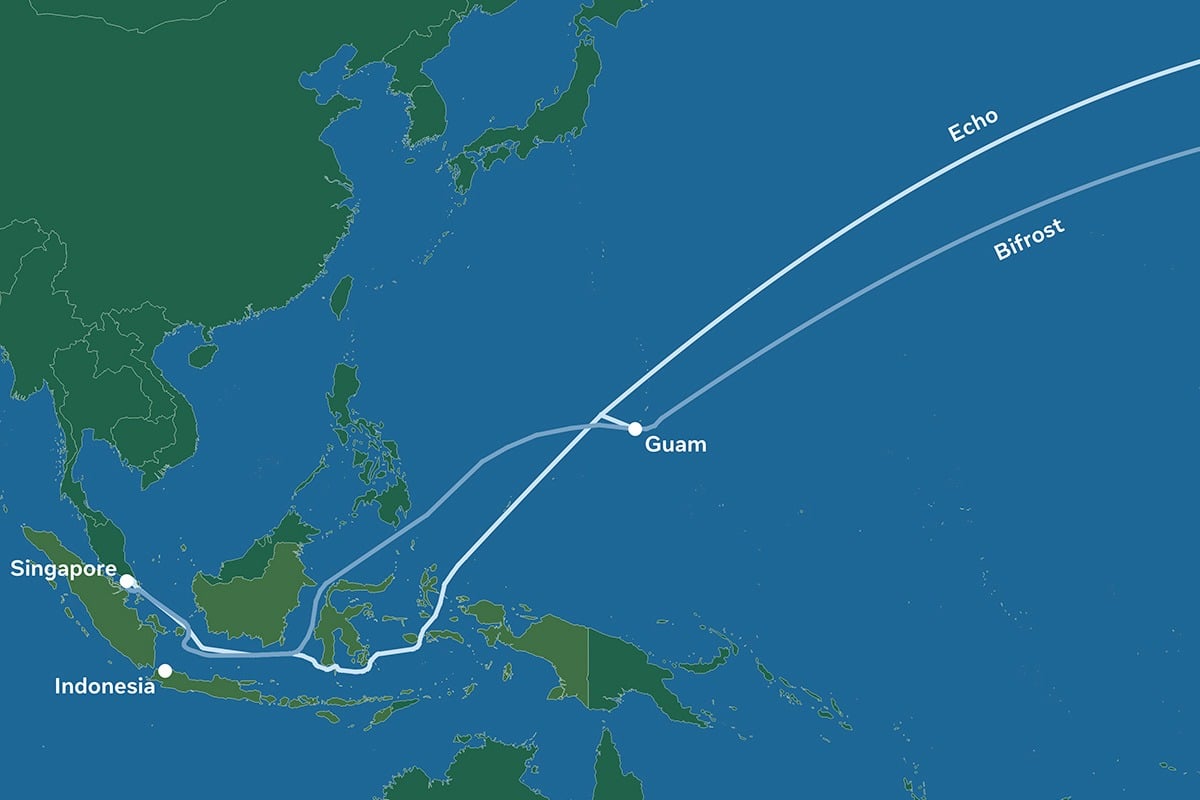Microsoft Co-Founder Bill Gates has nominated his five favourite books of 2020.
“In tough times – and there’s no doubt that 2020 qualifies as tough times – those of us who love to read turn to all kinds of different books,” he wrote on his blog Gates Notes. “This year, sometimes I chose to go deeper on a difficult subject, like the injustices that underlie this year’s Black Lives Matter protests. Other times I needed a change of pace, something lighter at the end of the day.”
The coronavirus pandemic has killed 1.56 million people and more than 500,000 people worldwide are confirmed to have COVID-19 daily, with the US having 180,000 to 200,000 new cases a day, Worldometer reported.
Black Lives Matter is a movement that returned to prominence in many parts of the world during the protests over the death of George Floyd allegedly by police officer Derek Chauvin in Minneapolis.
Bill Gates’ books of 2020 are:
The New Jim Crow: Mass Incarceration in the Age of Colorblindness by Michelle Alexander
Bill Gates: “Like many white people, I’ve tried to deepen my understanding of systemic racism in recent months. Alexander’s book offers an eye-openinglook into how the criminal justice system unfairly targets communities of colour, and especially Black communities,” Gates wrote. “It’s especially good at explaining the history and the numbers behind mass incarceration. I was familiar with some of the data, but Alexander really helps put it in context. I finished the book more convinced than ever that we need a more just approach to sentencing and more investment in communities of colour.”
Range: Why Generalists Triumph in a Specialized Worldby David Epstein
Bill Gates: “I started following Epstein’s work after watching his fantastic 2014TED talk on sports performance. In this fascinating book, he argues that although the world seems to demand more and more specialisation – in your career, for example – what we actually need is more people ‘who start broad and embrace diverse experiences and perspectives while they progress’.
“His examples run from Roger Federer to Charles Darwin to Cold War-era experts on Soviet affairs. I think his ideas even help explain some of Microsoft’s success because we hired people who had real breadth within their field and across domains. If you’re a generalist who has ever felt overshadowed by your specialist colleagues, this book is for you.”
The Splendid and the Vile: A Saga of Churchill, Family and Defiance During the Blitz by Erik Larson
Bill Gates: “Sometimes history books end up feeling more relevant than their authors could have imagined. That’s the case with this brilliant account of the years 1940 and 1941, when English citizens spent almost every night huddled in basements and Tube stations as Germany tried to bomb them into submission.
“The fear and anxiety they felt – while much more severe than what we’re experiencing with COVID-19 – sounded familiar. Larson gives you a vivid sense of what life was like for average citizens during this awful period, and he does a great job profiling some of the British leaders who saw them through the crisis, including Winston Churchill and his close advisers. Its scope is too narrow to be the only book you ever read on World War II, but it’s a great addition to the literature focused on that tragic period.”
The Spy and the Traitor: The Greatest Espionage Story of the Cold Warby Ben Macintyre
Bill Gates: “This nonfiction account focuses on Oleg Gordievsky, a KGB officer who became a double agent for the British, and Aldrich Ames, the American turncoat who likely betrayed him. Macintyre’s retelling of their stories comes not only from Western sources (including Gordievsky himself) but also from the Russian perspective. It’s every bit as exciting as my favourite spy novels.”
Breath from Salt: A Deadly Genetic Disease, a New Era in Science, and the Patients and Families Who Changed Medicineby Bijal P Trivedi
Bill Gates: “This book is truly uplifting. It documents a story of remarkable scientific innovation and how it has improved the lives of almost all cystic fibrosis patients and their families. This story is especially meaningful to me because I know families who’ve benefited from the new medicines described in this book. I suspect we’ll see many more books like this in the coming years, as biomedical miracles emerge from labs at an ever-greaterpace.”
Late in his career and since leaving Microsoft in 2008, Gates has pursued a number of philanthropic endeavours. He has given sizable amounts of money to various charitable organisations and scientific research programs through the Bill & Melinda Gates Foundation, one of the world’s largest private charities.







